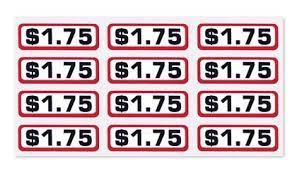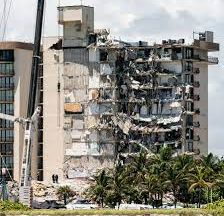 September 2022
September 2022
Every condominium corporation in Ontario is required to maintain a reserve fund beginning when they commence operations. Nearly every one begins with owner contributions that are too low. Unless a condo board rectifies this in short order, problems arise.
 It all begins with minimal funding levels identified in year one as determined by the developer in accordance with the Condominium Act. These are typically understated during the building’s initial selling period and sometimes unadjusted by owner-elected condo boards uncomfortable with implementing necessary increases in condo fees. Annual inflationary increases are rarely sufficient to ensure an initially underfunded reserve fund is adequate.
It all begins with minimal funding levels identified in year one as determined by the developer in accordance with the Condominium Act. These are typically understated during the building’s initial selling period and sometimes unadjusted by owner-elected condo boards uncomfortable with implementing necessary increases in condo fees. Annual inflationary increases are rarely sufficient to ensure an initially underfunded reserve fund is adequate.
“Many reserve funds make estimates over a 30-year timeframe which is the minimum allowed by the Condominium Act, though in our experience should be longer, at least 45-50 years” explains Jeremy Nixon, P. Eng., BSSO of Brown & Beattie Ltd. “This is a problem because reserve fund expenditures are very low over the first ten years when everything is new. Expenditures begin to increase over the next ten years but remain low. It is typically after twenty years that expenditures grow substantially. Large expenditures, which occur between 30 and 50 years, are not captured in the reserve fund study until after 15 to 20 years if based on an arbitrary 30-year period.”
 Condominium corporations that choose not to recognize this underfunding over their first twenty years do a great disservice to their communities by significantly shifting a financial burden to future owners that can increase fees by 50 percent and often much more. In the short to medium term, financials look “great” and everyone is happy despite the financial hole being built. Once the crunch comes, boards scramble to explain exceptional or unique circumstances that are nothing more than the consequence of financial manipulation.
Condominium corporations that choose not to recognize this underfunding over their first twenty years do a great disservice to their communities by significantly shifting a financial burden to future owners that can increase fees by 50 percent and often much more. In the short to medium term, financials look “great” and everyone is happy despite the financial hole being built. Once the crunch comes, boards scramble to explain exceptional or unique circumstances that are nothing more than the consequence of financial manipulation.
Getting reserve funds to an appropriate level can be a long and difficult process. Some boards prefer a long period of smaller fee increases. Others delay increases they claim owners cannot afford and allow the funding situation to worsen. The reality is that owners unable to fund a 40 percent increase today are less likely to be able to pay a 60 percent increase a few years later. Recognized future increases can be found on a Notice of Future Funding.
 During underfunded years, condo boards will implement strategies to avoid necessary fee increases. They may choose to defer necessary maintenance. Some choose to delay upgrades required to maintain comfort, avoid problems or reduce future expenditures. Another strategy is to underestimate annual inflation or cost increases when calculating future reserve fund expenditures.
During underfunded years, condo boards will implement strategies to avoid necessary fee increases. They may choose to defer necessary maintenance. Some choose to delay upgrades required to maintain comfort, avoid problems or reduce future expenditures. Another strategy is to underestimate annual inflation or cost increases when calculating future reserve fund expenditures.
Fixing an Underfunded Reserve Fund
- Require reserve fund studies to look forward 50 years rather than the minimum mandated period of 30 years.
- Ensure fees are at an appropriate level within three years after which only inflation adjustments will likely be necessary.
- Maintain realistic inflation-adjusted fee increases rather than consumer price index (CPI) adjustments which are not reflective of building maintenance costs.








